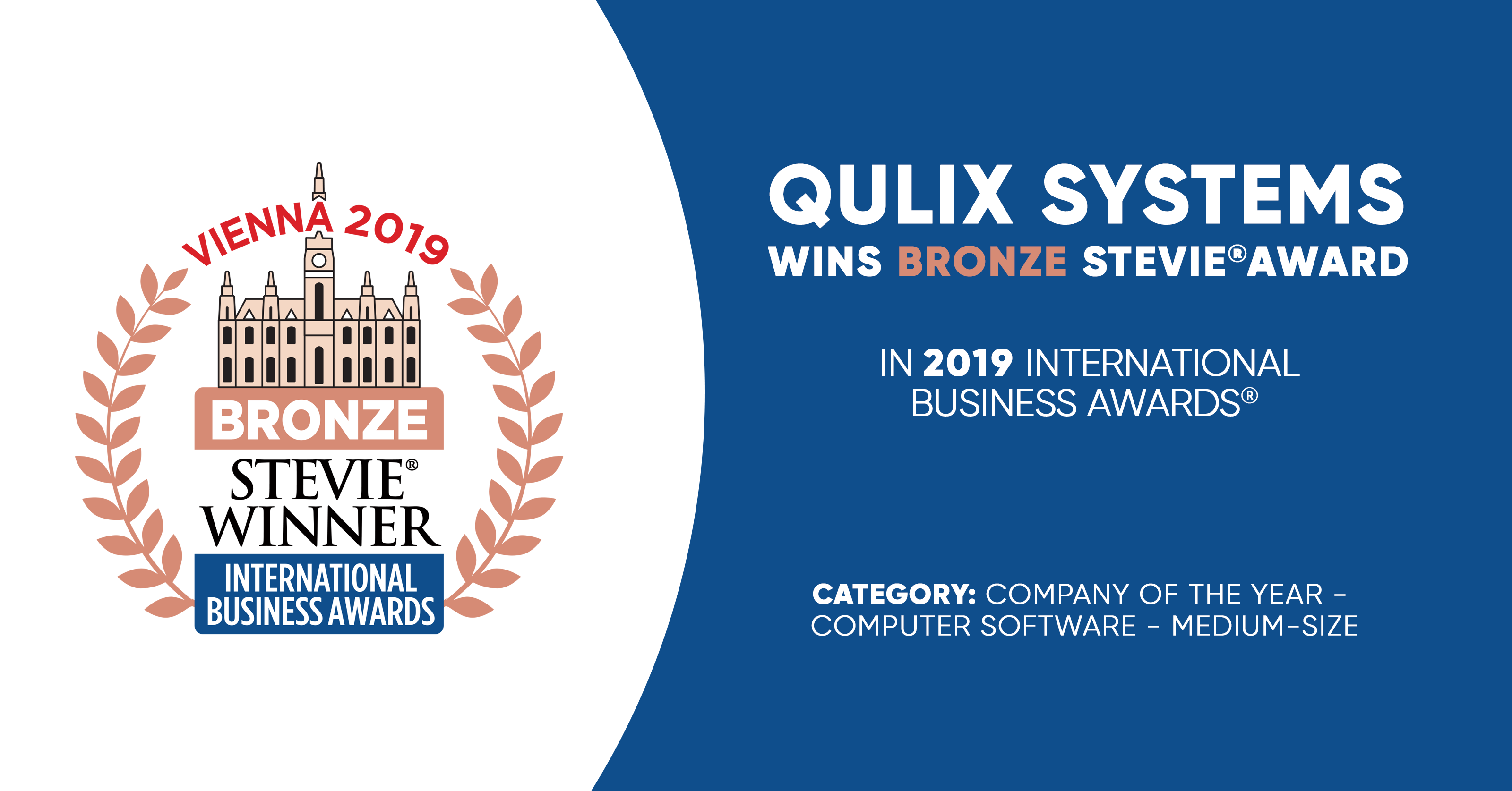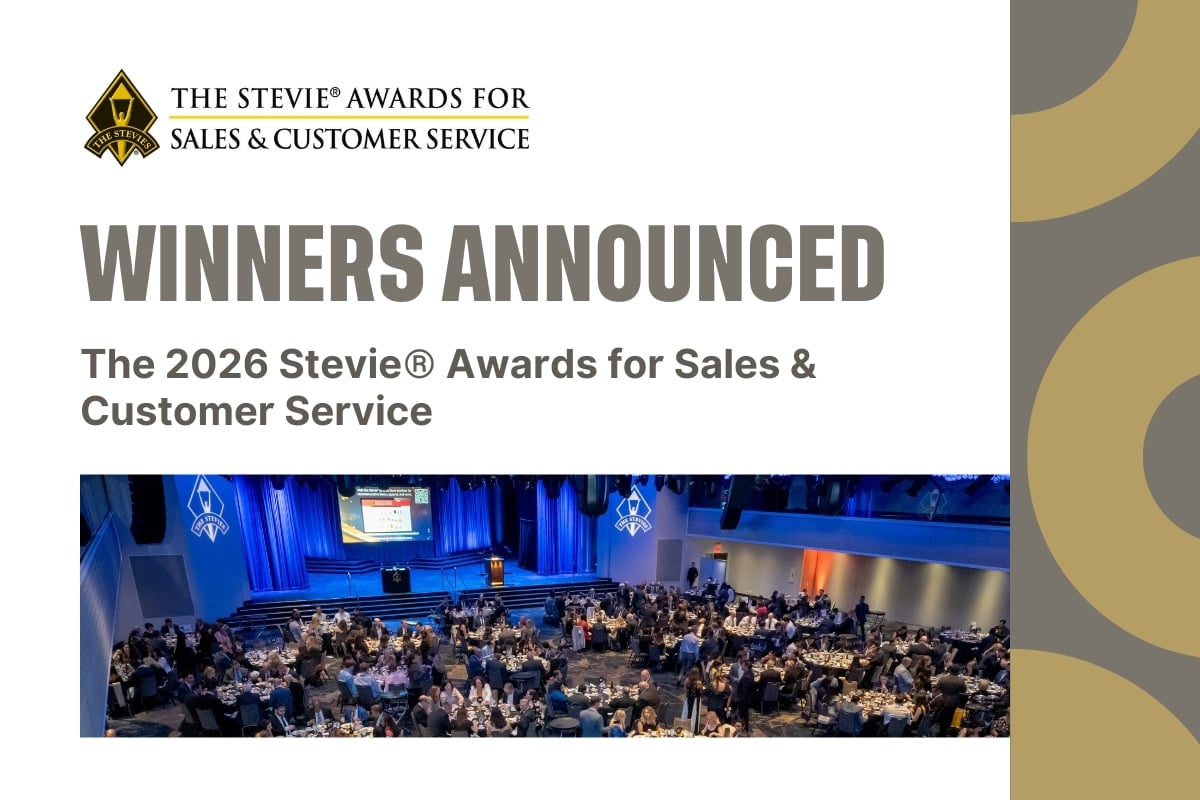Bill Swann is a professor of Social and Personality Psychology at the University of Texas, based in Austin, Texas, United States. He wanted to study the effect of employee diversity on a work group’s overall performance.
He, along with his colleagues, signed up 400 MBA students for the study. They split the students into groups of four to six members, ensuring each group contained students with diverse backgrounds. The members of each group had to work together over the course of their first semester, and their performances at the end of the summer were used as an indicator of the group’s effectiveness.

At the end of the study, they found there were groups where members freely expressed their individuality and groups where members downplayed their identities in order to align with the rest of the team. Diversity notwithstanding, groups where members expressed their individuality emerged more successfully.
"Our research indicates that expressing personal identities in groups seems to have beneficial effects. Those who express themselves are more likely to feel known and understood because they actually are better known and understood," Swann said in a conversation with Inc. "Feeling known and understood causes people to open up, which can foster creative solutions to problems confronting the group."
As you can see, diversity in workplaces is important. But if you want to build a truly innovative workplace that not only survives but thrives in this competitive landscape, you have to work on fostering individuality.
Groupthink Out, Individuality In
You cannot talk about individuality in workplaces and boardrooms without also talking about its antithesis: groupthink. Groupthink is what affected the groups that didn’t perform so well in Swann’s experiment.
Imagine an organization where the team dynamics seem great. The thoughts of the team members align, everyone agrees with everyone else, and they are all working together to achieve the same goal. Sounds like a great workplace, right? Unfortunately, an organization like this could be the perfect example of groupthink.
An article on Forbes defined groupthink as the tendency for members in a given group to gradually drift toward the same beliefs and styles of thinking. This can be destructive. It creates forced conformity, illusions of unanimity, fewer rational decisions, and a narrower range of opinions and options.
Joe Gerstandt, an adviser on diversity and inclusion, conducted a webinar for the AICPA on the consequences of groupthink, and he spoke in support of individuality.
“No one intends to participate in groupthink,” Gerstandt said. “Rather, it occurs because people are uncomfortable with conflict and differing opinions. Welcoming differences is one key to preventing groupthink.”
How to Encourage Individuality and Build an Innovative Culture
Building an innovative work culture is not an overnight job, but it can be done. Organizations should start by building an environment where the ideas, skills, knowledge, and potential of every employee is respected. Team leaders should be trained to identify their team members’ strengths and weaknesses, and they should know how to help those employees amplify the former and provide support for the latter.
Employees should feel comfortable at the workplace, confident when voicing their ideas, and accountable for their work. Everyone should give credit where credit’s due and push for honesty, openness, and collaboration.
Organizations must also work actively on diversity inclusion, meaning individuals feel free to be themselves regardless of race, age, geography, or gender. When respect for individuality drives an innovative organization’s culture, it shows. This is the case with Qulix Systems, a software development, testing, and consulting company based in Minsk, Belarus. What started in 2000 as a quality assurance service company now also provides software development, system analysis, DevOps, blockchain and cryptocurrency, and machine learning and artificial intelligence services.
“We respect uniqueness in the way people do business, think, and act,” says Daria Zakharenkova, head of PR at Qulix Systems. When it comes to breakthroughs, individuality makes all the difference. We hire and cultivate the best talent. We take pride in our teams. Constantly upgrading their skill sets and keeping them happy are our top priorities.”
Qulix Systems won a Bronze Stevie® Award at The 2019 International Business Awards® in the Company of the Year - Computer Software - Medium-Size category.













